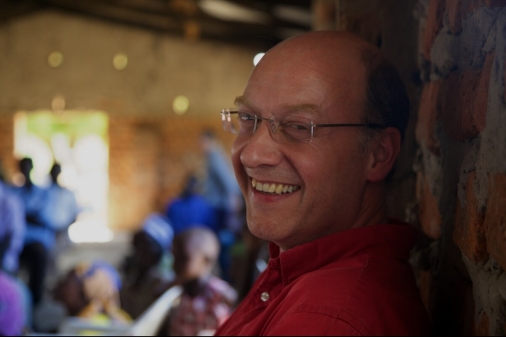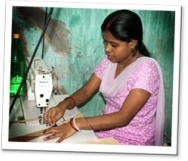
A new survey by the Barna group has revealed Christians are more positive about the elimination of global poverty than the overall population average.
Although the global extreme poverty rate was halved between 1990 and 2010, a survey of over 1,400 American adults by the Barna group found that 84 per cent of Americans believe global poverty is at least as bad as it has always been, and 67 per cent believe its rates have actually increased.
On average, only 32 per cent of US adults believe it is possible within the next quarter century to eliminate global extreme poverty, defined in the study as those who live on less than $1.25 per day.
Among Christians, however, the figure rises to 42.5 per cent, and higher still to 48 per cent among practising Christians under the age of 40.
Those Christians over 40 are still more optimistic than the average American, with 37 per cent believing extreme poverty can be eradicated in 25 years.

A significant proportion of Christians (44 per cent) feel they have a responsibility towards the world's poor, and on average, Christians were more likely to donate to causes addressing poverty.
While the average American adult donates $5 per month to anti-poverty causes, Christians under 40 give on average $15, and Christians over 40 $10.
When asked why they thought extreme poverty was not possible to eradicate within the next 25 years, one in five (21 per cent) said poverty was something that had always existed.
A fifth said not enough people cared about the issue, 17 per cent said there was a lack of a global effort, another 17 per cent said the problem was just too big, and 14 per cent said the governments in poorer countries were too corrupt.
Concerns around corruption in developing countries was the most common reason for reluctance to donate more money (59 per cent).
Over half (55 per cent) of people said money should be more concentrated on issues in their own country, while 56 per cent said they did not know which organisations and charities were trustworthy.














